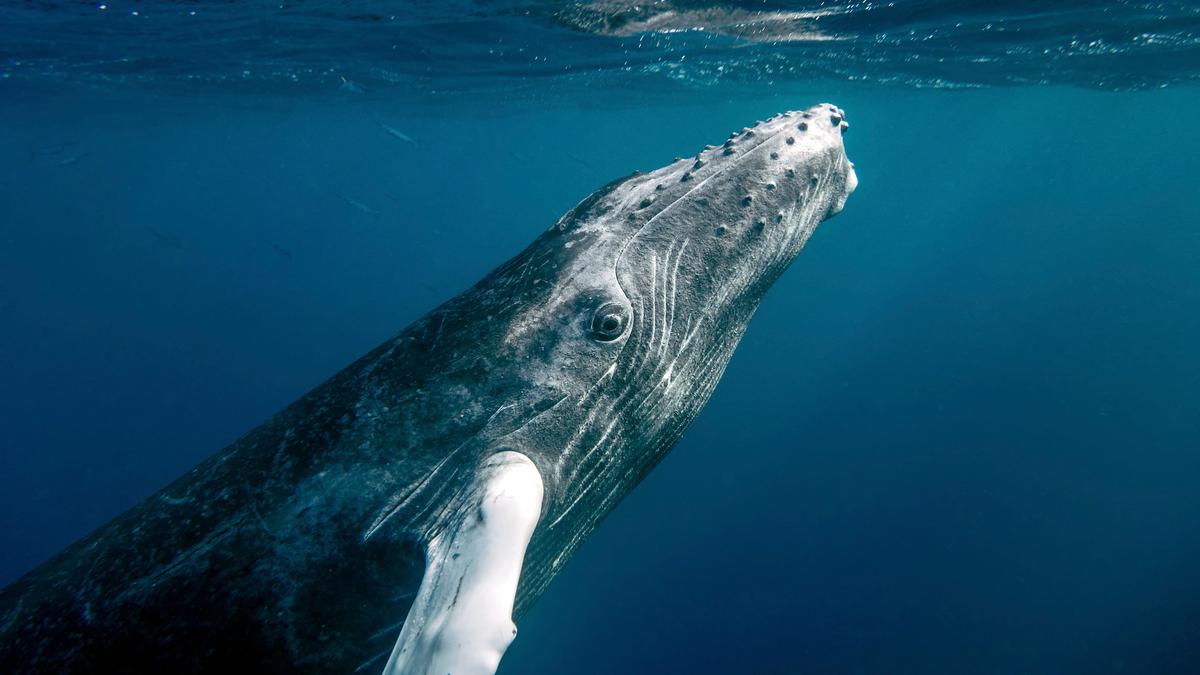
"Until the 1950s, when 'whale songs' were first captured by US underwater surveillance systems during the Cold War, whales were widely thought to be mute. This discovery changed how humans view these creatures and influenced how we treated them, helping to drive campaigns for whaling bans and long-term conservation efforts. In this conversation, hosted by the cosmologist Janna Levin at Pioneer Works in New York City, the biologist David Gruber"
"In this conversation, hosted by the cosmologist Janna Levin at Pioneer Works in New York City, the biologist David Gruber and the comparative anatomist Joy S Reidenberg discuss how our understanding of whale communication has developed over the decades. This includes Gruber's work as the founder and president of Project CETI (Cetacean Translation Initiative), which is using emerging technologies to decode sperm whale communication, and may one day make an interspecies dialogue possible."
Whale vocalizations were first recorded in the 1950s by US underwater surveillance systems, overturning the belief that whales were mute. Those recordings reshaped human perceptions of cetaceans and helped catalyze campaigns for whaling bans and sustained conservation measures. A conversation at Pioneer Works in New York City brings together biologist David Gruber and comparative anatomist Joy S Reidenberg to trace how knowledge of whale communication evolved over decades. Gruber leads Project CETI, which applies emerging technologies to decode sperm whale communication with the long-term aim of enabling potential interspecies dialogue.
Read at Aeon
Unable to calculate read time
Collection
[
|
...
]